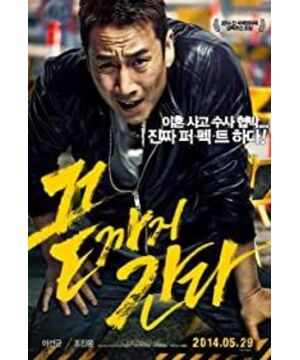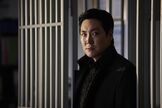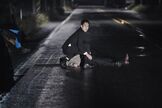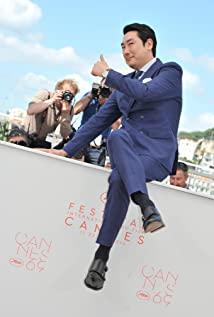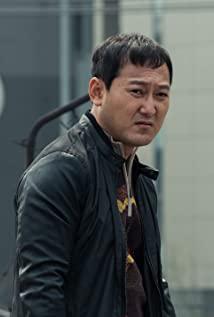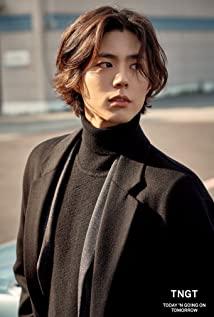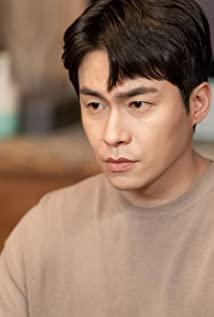A solid story told a good story Late at night, police officer Go Gun-soo drove down the road at a fast pace. The phone came one after another. First, a colleague asked him for the key, because the prosecutor soon came to the police station to investigate their bribery, and the stolen money was in his drawer. Next is my sister, my mother's funeral ceremony is about to start, and he, the filial son, hasn't arrived yet. When he was upset, a puppy blocked his way, Gao Jianzhu turned around the puppy, but accidentally knocked a person flying to the side of the road... "I never write about people who are not at the end of the road." I've been thinking about it ever since I read it. This is the paradox of drama. The bad things in reality become sweet in the story. The more embarrassed the characters in the story are, the more the audience can enjoy it. Why, because it forces the characters to do their best, and once the characters push themselves to the limit, we experience their lives to the fullest. The book says so. So at the beginning of the movie, according to one of the settings of a good story, the hero seems to be on the verge of death, because he is caught in a fierce conflict. What is conflict? Desire + Obstacle = Conflict. His desire in the movie: killed someone and had to cover up the truth. His obstacles: 1. The police team was then tasked with investigating the deceased, and colleagues were likely to find out. 2. A mysterious person who witnessed his collision with others is likely to expose him. There is no story without conflict, so from the beginning of the film, Gao Jianzhu was in a lot of trouble, and the suspense was full of suspense. The story unfolded from this, and the audience's appetite was fully whetted. The troubled Ko Gun-soo is bound to take action to clear the way. But good stories are never smooth sailing, and things get worse until a turnaround occurs. At the end of every scene and chapter of the story, the situation has to get worse. That means the drama is building up. So whenever Gao Jianzhu takes action, there will always be a crisis. For example, when you hide the body of the deceased in the trunk and drive away, the traffic police check for drunk driving; you think the body has been successfully hidden, but you don’t think your police team is tasked to investigate the deceased; Breaking the news call; when hiding the body of the deceased in the mother's coffin, but forgot to take out the mobile phone of the deceased, allowing the police to locate the approximate location of the deceased... Crisis after crisis, suspense is linked to each other, and the tense atmosphere makes the audience of can't stop. The presentation of human nature in the film has always maintained an objective attitude. The film begins by placing the hero in an extreme situation, forcing the character to act and shaping the character grid. But in this process, we don't deliberately exaggerate or exaggerate, and face up to the dark side of human nature. Although Go Gun-soo is bad, he also has a bottom line. Audiences therefore identify with him, thus establishing a connection with the film. The whole movie starts with a conflict, and the male protagonist tries to resolve the conflict, causing more suspense, and eventually the truth is revealed, the conflict is resolved, and the story ends. This movie proves that there is no need for special effects and big scenes, no need to hype various topics, and no need to sell feelings. Just telling a good story in a solid way can firmly attract the audience. Text = Living alone in Jiangnan
View more about A Hard Day reviews


